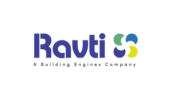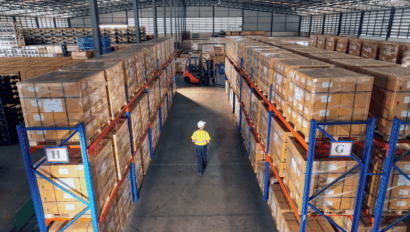Standardizing building operations is a crucial step toward improving efficiency, reducing costs, and enhancing tenant satisfaction. But it’s important to start with a focused approach. By focusing on two critical elements—inspections and preventive maintenance programs—you can achieve significant benefits for your property management operations.
Here are three easy steps to get started:
1. Start with a template
Creating standardized templates ensures that every property is measuring the same criteria. This removes guesswork and provides clear guidance on what to inspect or maintain. When building your templates:
- Consider what data points are most important to you, your ownership, leadership, and tenants
- Decide if inspections need to pass a minimum score or if certain responses should be weighted differently
- Determine if work orders or photos should be required for specific conditions
- Choose between customized responses or standard options such as good, fair, or poor
For preventive maintenance, start with equipment owner’s manuals or GSA (General Services Administration) templates as a base, then customize them to fit your specific needs.
2. Schedule frequency and location
Determining the appropriate frequency and location for your inspections and preventive maintenance tasks is crucial for effective standardization. Consider the unique needs of different areas within your properties. For instance, high-traffic or tenant-facing spaces may require more frequent attention compared to less busy areas.
When setting up your schedules, consult equipment owner’s manuals for recommended service intervals to ensure you’re meeting manufacturer guidelines. To add flexibility to your scheduling, take advantage of on-demand tasks, which allow you to address immediate needs or adjust timing as necessary.
Additionally, consider implementing override groups to prevent redundant tasks from being assigned simultaneously, especially for equipment that requires multiple types of maintenance at different intervals. This strategic approach to scheduling will help optimize your resources and ensure comprehensive coverage of your property maintenance needs.
3. Monitor for compliance
Once your standardized programs are in place, it’s crucial to monitor compliance to ensure your efforts are effective. Some things you should keep in mind include:
- Using inspection and template reports or preventive maintenance completion reports to compare individual properties against the same standards
- Leveraging an account engagement summary report for a high-level completion overview
- Exporting data directly from preventive maintenance and inspection modules for further analysis
It’s all about the data
By following these three steps, you can create a robust, standardized approach to building operations that will help extend asset life, improve tenant satisfaction, and reduce operational expenses. Remember to consider pausing your current programs while implementing these changes and carefully evaluate whether tasks should be classified as preventive maintenance or inspections based on your specific needs and available functionality.
Standardizing building operations not only improves the quality of your data for better decision-making but also simplifies the process of onboarding new properties to your portfolio. With a well-implemented standardization strategy, you’ll be well on your way to more efficient and effective building operations.
Unlock the full potential of your building with our building operations scorecard. Download the guide to evaluate your facilities across five essential areas.















